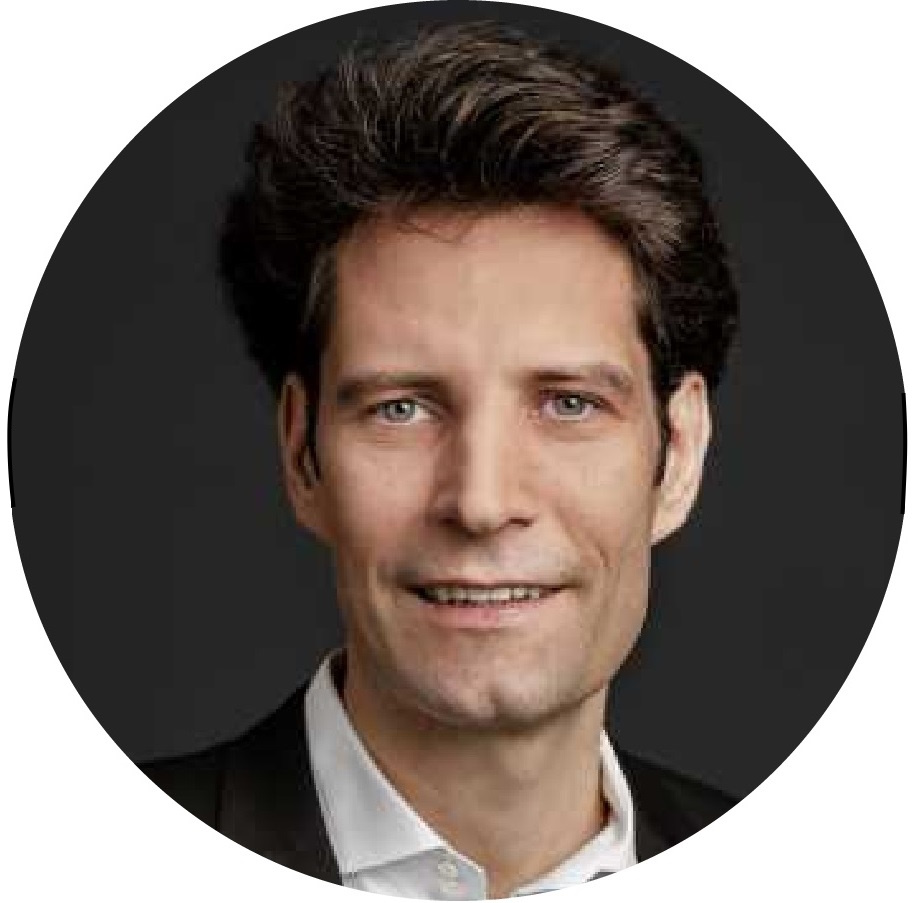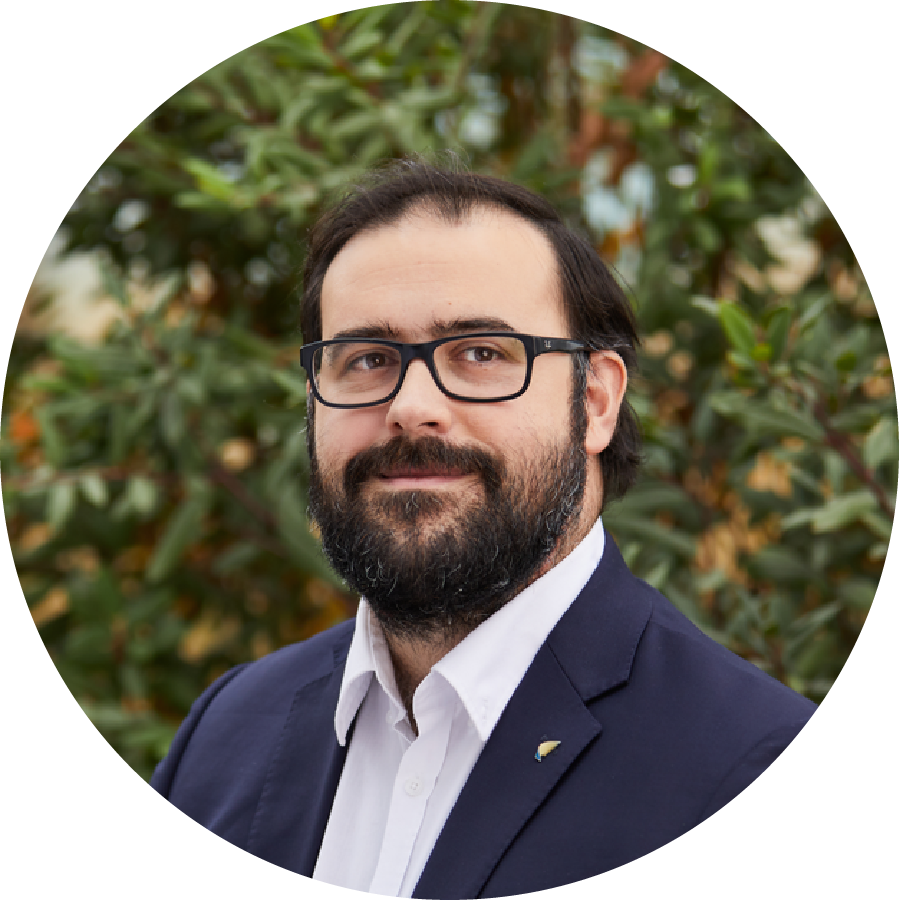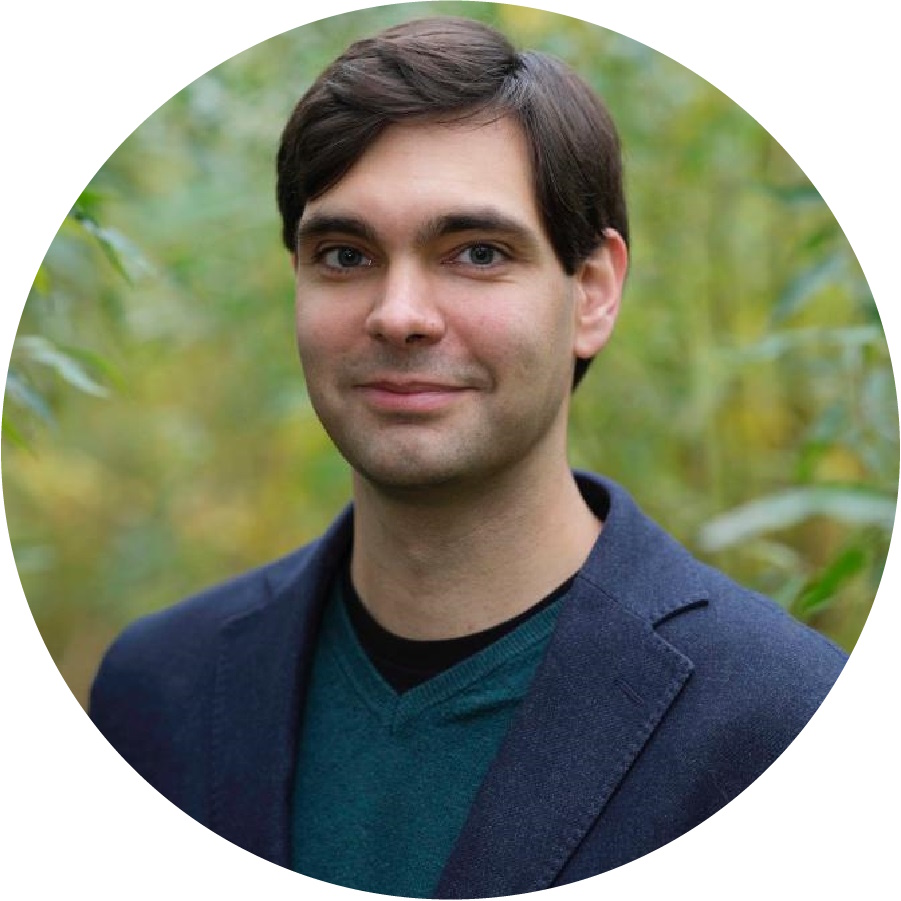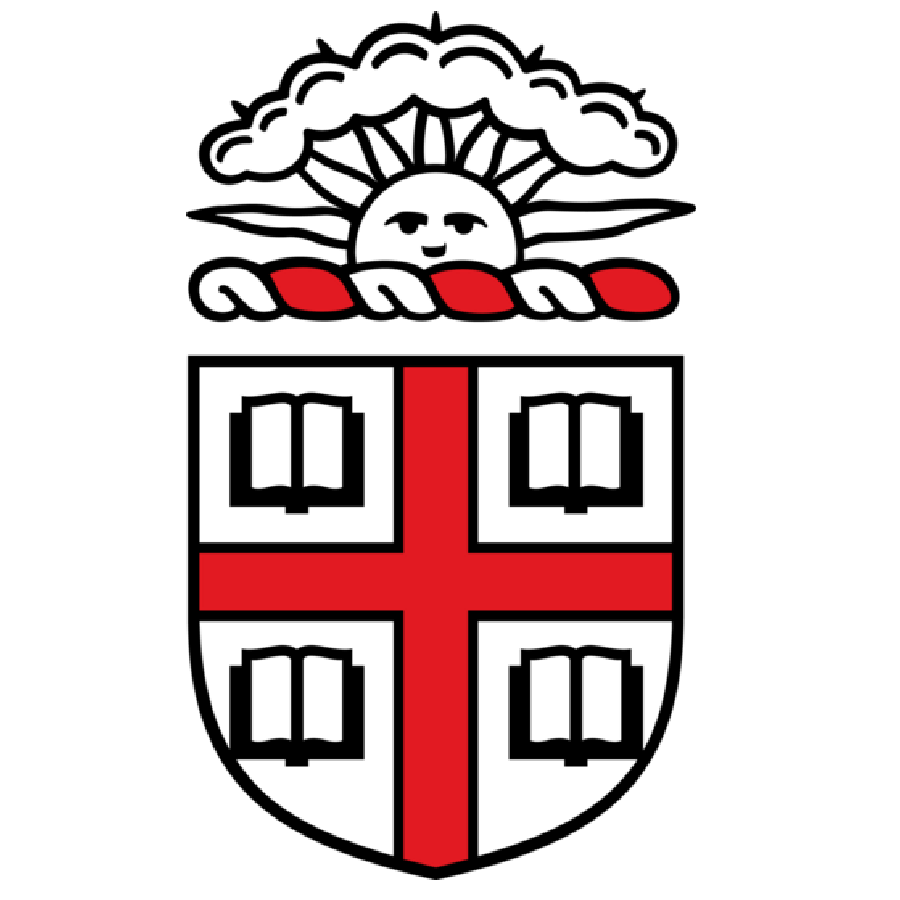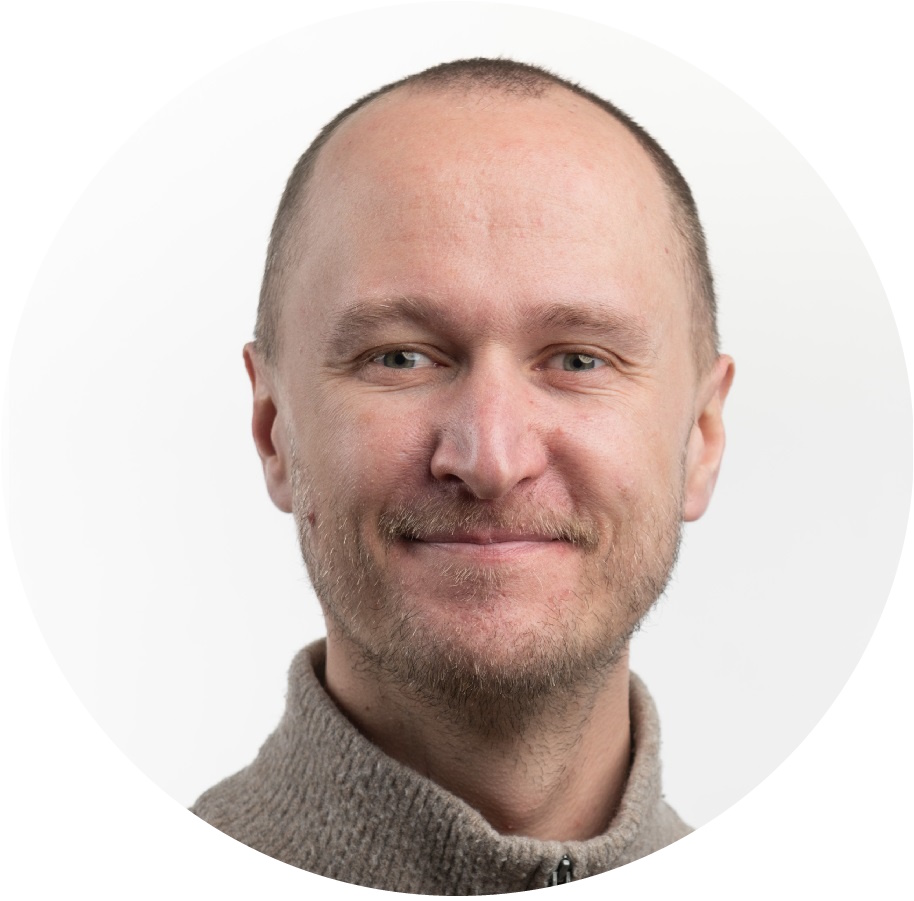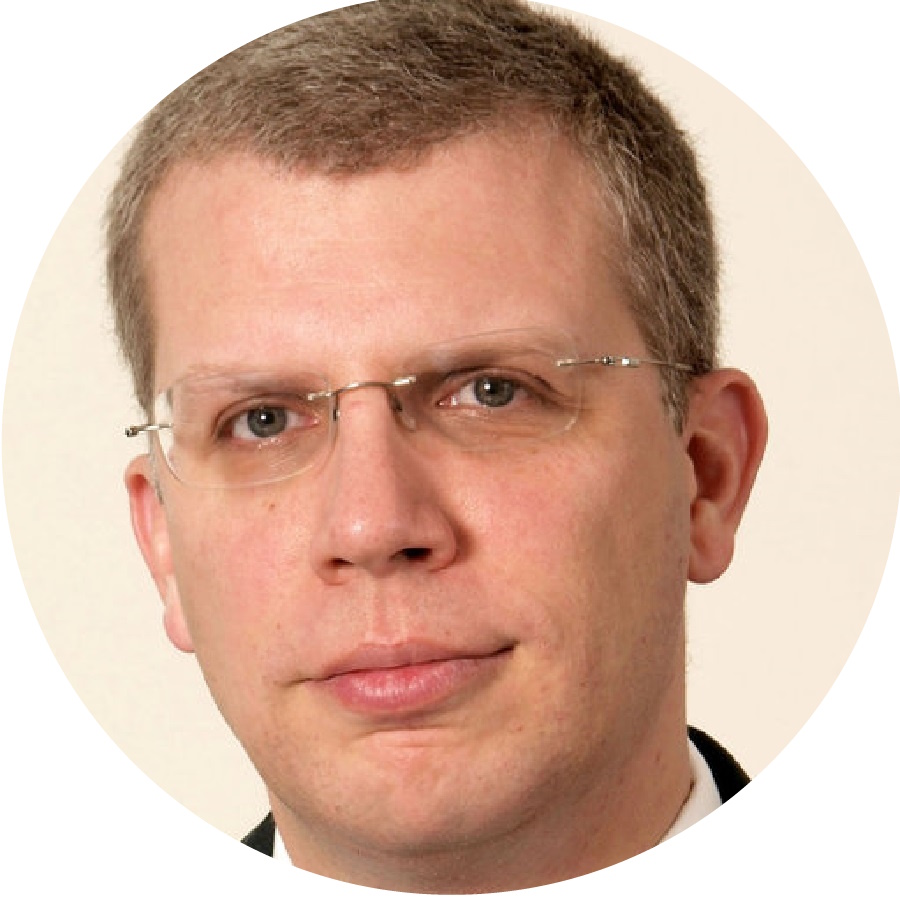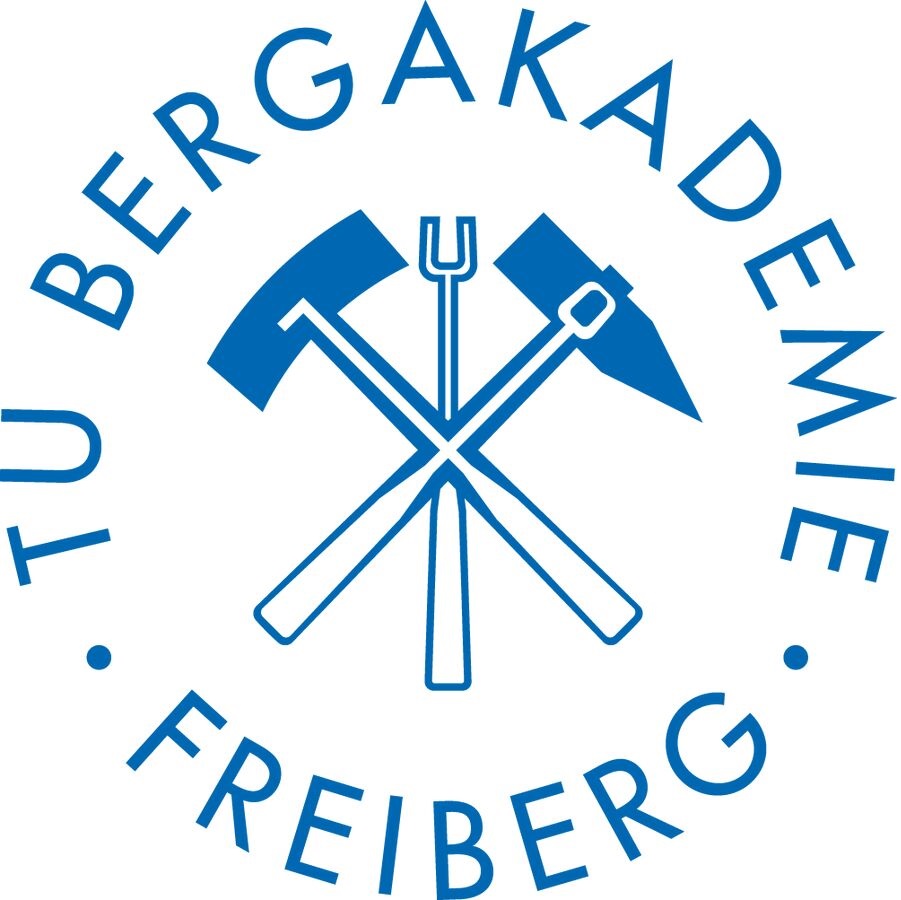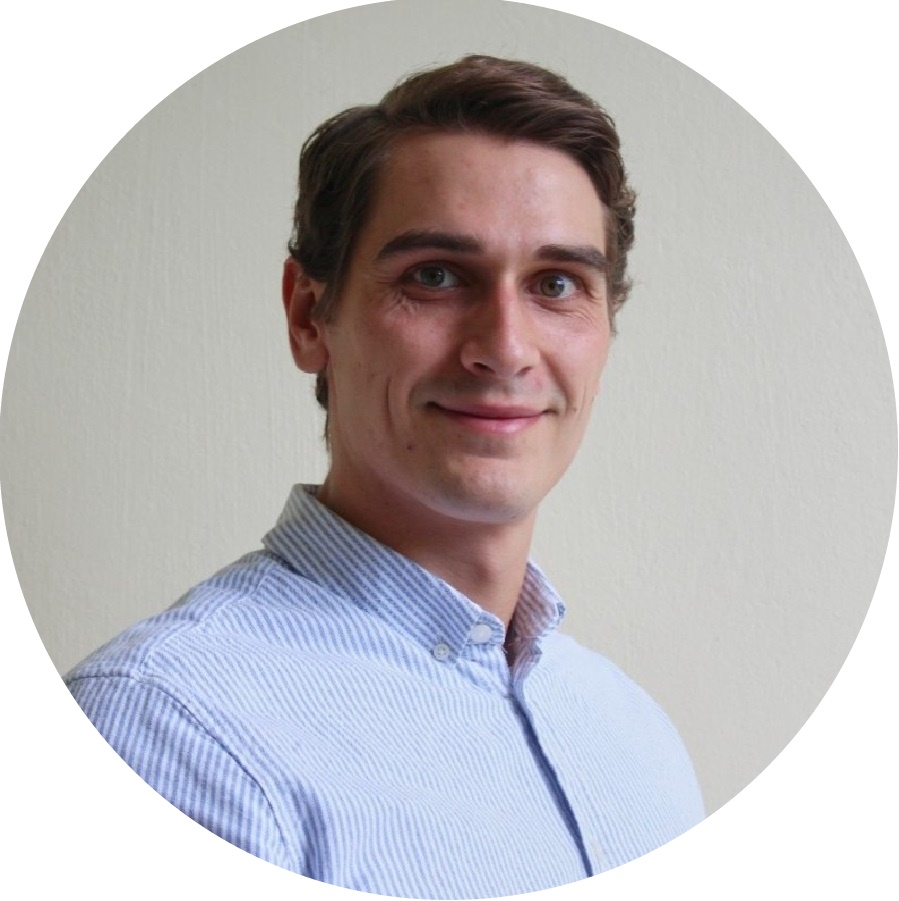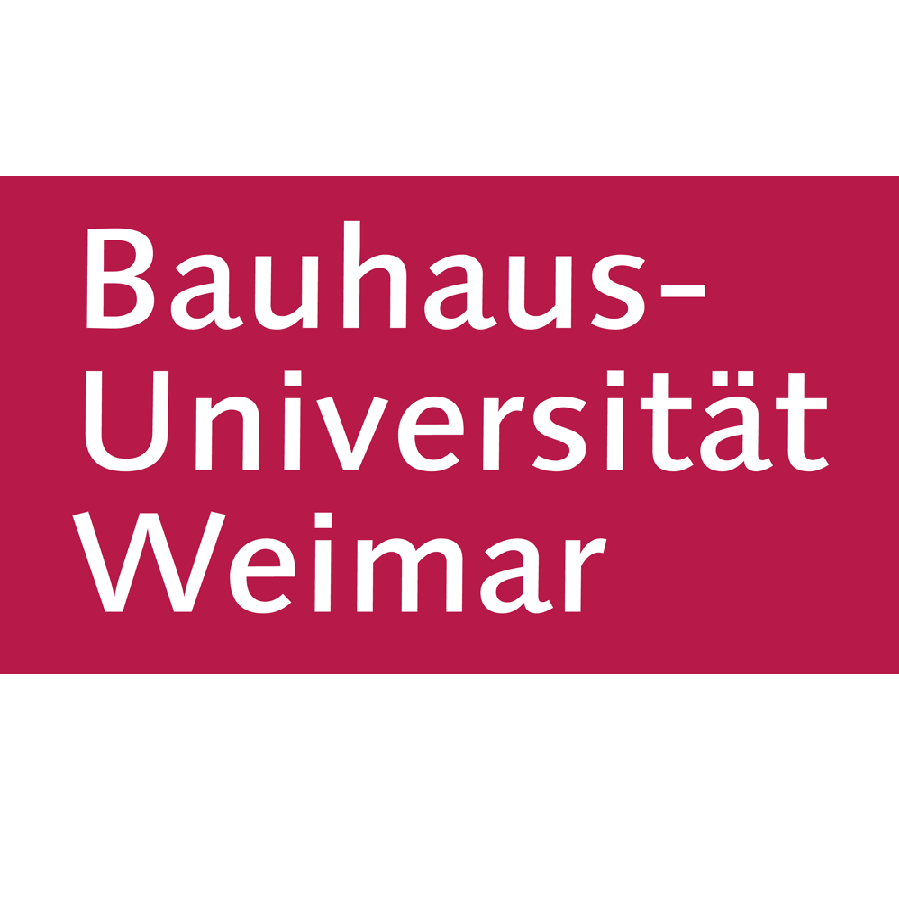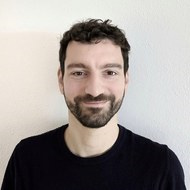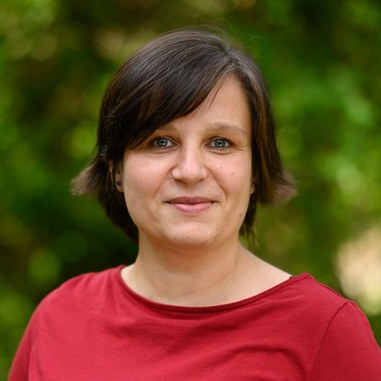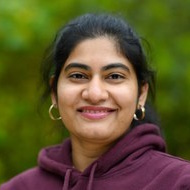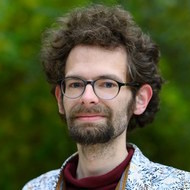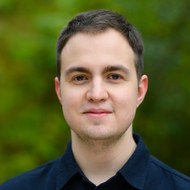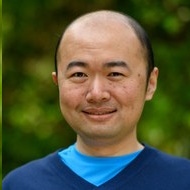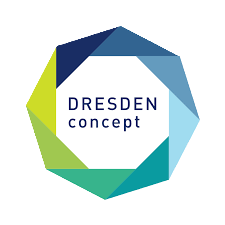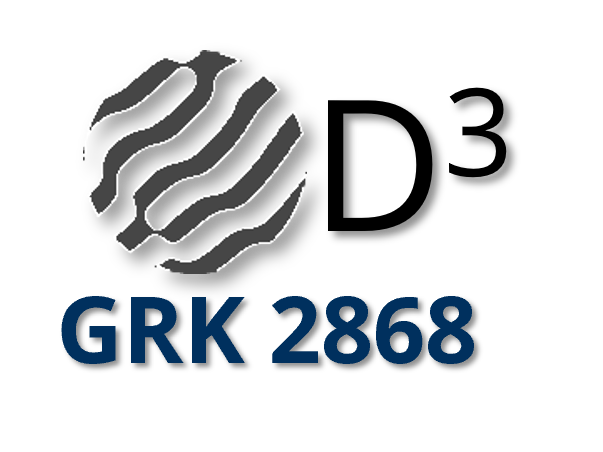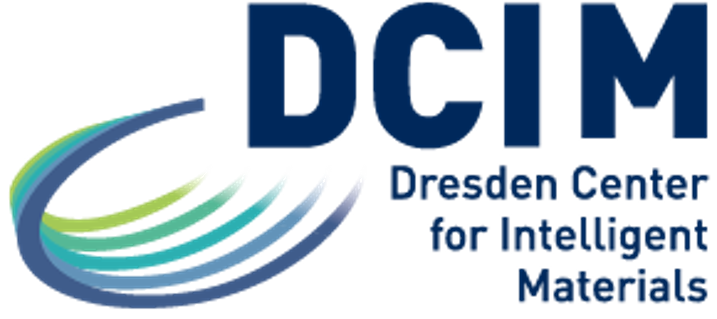Perspectives in Data-Driven Materials Design
From Machine Learning to Autonomous Labs
August 25 – 29, 2025
an International Summer School
organized by the
D³ Research Training Group 2868, the Dresden Center for Computational Materials Science (DCMS) and the Dresden Center for Intelligent Materials (DCIM).
Data science and machine learning have deeply affected the field of material science. The upcoming of data-driven methods redefined both objectives and tasks and lead to the development of utterly new methods. This summer school offer comprehensive, multidisciplinary insights into these new developments, extending from machine learning to experimental characterization, including alloy design and mechanistic modeling. Internationally renowned speakers will share their perspectives in a 5-day workshop in the spectrum of data-driven design of materials and structures. The lectures will be extended by hands-on sessions to achieve a greater understanding of the latest scientifical developments.
To foster interaction between participants, experts and D³ fellows, the school is complemented by a social program.
The Summer School is organized by fellows of the Research Training Group 2868 D³ - Data-Driven Design of resilient metamaterials together with the Dresden Center for Materials Science (DCMS) and the Dresden Center for Intelligent Materials (DCIM). It is scheduled for August 25 – 29, 2025. Venue is TUD University of Technology Dresden
- Structural Optimization
- Architected Materials
- Inverse Material Design
- Material Manufacturing
- Alloy Design
- Multiscale Modeling
- Phase Diagrams
- Machine Learning
- Experimental Characterization
- Computational Mechanics
- Computational Material Science
- Model Discovery and Parametrization
